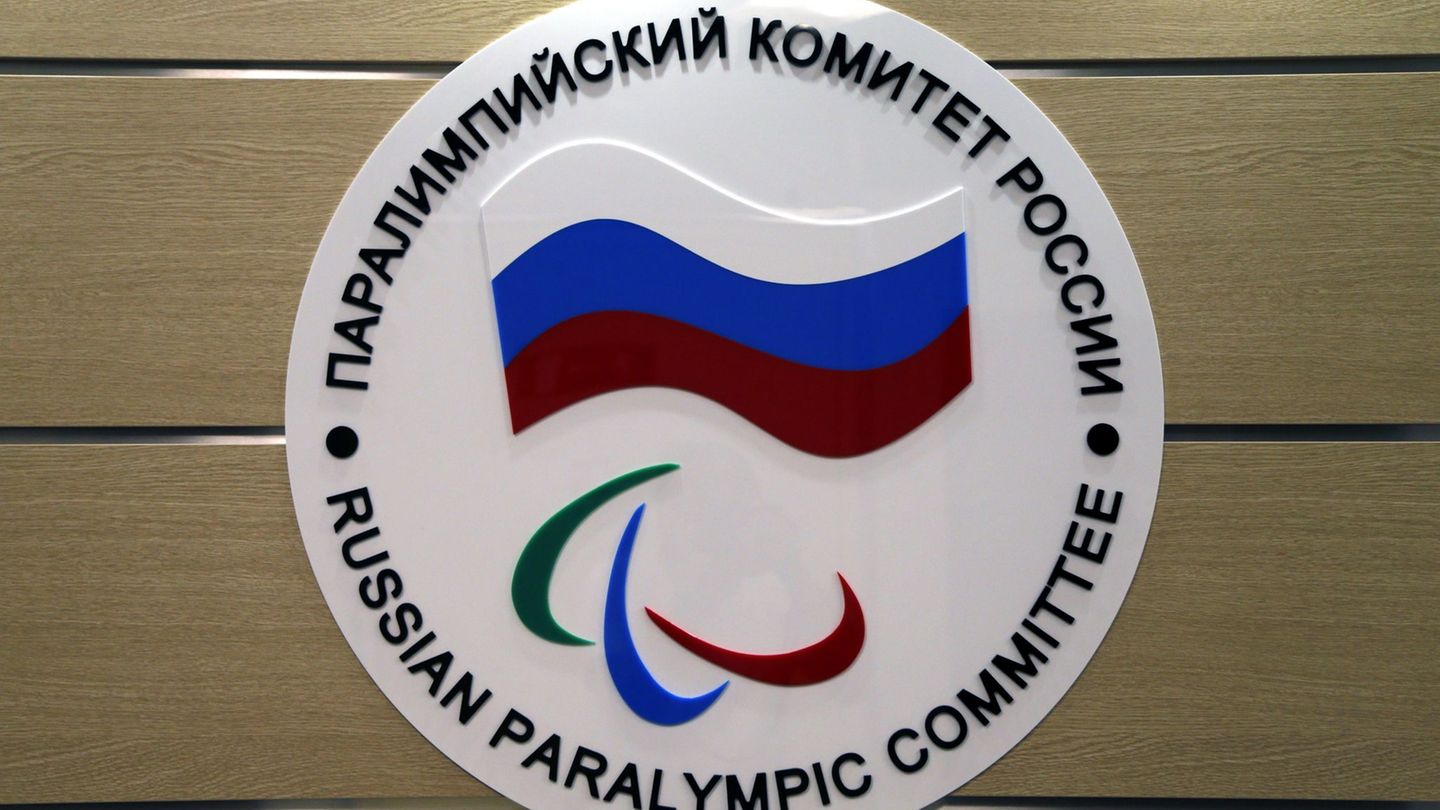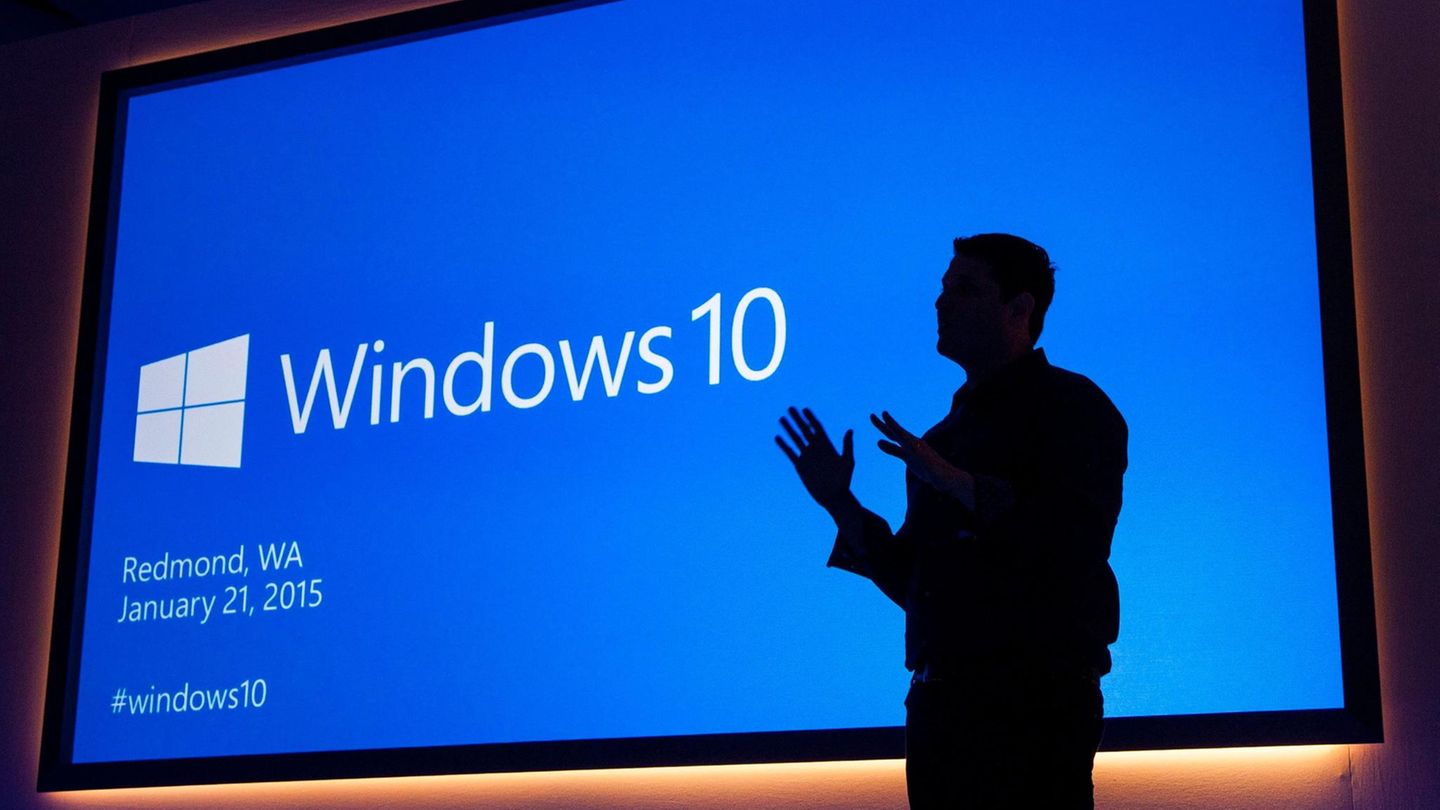This provides for a draft law that passed the teaching committee on Tuesday. Previously, you could de-register by the beginning of the respective school year – in future, this must be done at the end of the previous school year, according to the amendment. There is also an obligatory “reflection talk”.
This regulation is intended to ensure the better planning of the lesson organization, one justifies in the explanations. So if you want to teach your child at home or send them to a private school without public rights, you have to announce this at the beginning of July and not at the beginning of September. In addition, a mandatory “reflection talk” between the responsible school management and the legal guardians or children is introduced during home schooling shortly before the semester break, which deals with the level of performance and learning progress.
Around 7,500 students have canceled their registration for the current school year – most of them probably due to the Corona measures. In the meantime, however, almost 1,000 of them have returned to the classes.
“Digital basic training” becomes a compulsory subject
With the same draft law, the subject “digital basic education” will also be anchored as a compulsory subject in the first four classes of AHS lower level and middle school from the coming school year. The subject is currently taught as a compulsory exercise – which means that all students must take part. But they don’t get any grades. In the future, a fixed weekly hour for basic digital education will be available for each school level. Up until now, schools had various options: they could reserve between two and four hours per week for the mandatory exercise over the entire four years (i.e. on average between half an hour and one hour per class, note) or instead of their own hours in the subject lesson integrate other objects.
Voluntary summer school in the last few weeks of the holiday
Furthermore, in the amendment, the summer school will also be legally implemented in the last two weeks of the holiday. Projects are carried out at elementary schools, middle schools, special schools and lower AHS schools and presented at the end of the two weeks; there is a course system at the upper classes. Participation is voluntary and there are no grades. The lessons are held by student teachers and teachers.
In contrast to the start of the summer school, this is no longer aimed only at students with a need to catch up: It is intended to “repeat and deepen the teaching content of one or more previous teaching years, to prepare for a coming school year, to prepare for admission to another type of school, to prepare or implementation of a national or international competition as well as to prepare for a final exam “. It is therefore open to practically everyone – from extraordinary students with German problems to particularly gifted students who want to prepare for the Chemistry Olympiad.
Source: Nachrichten




